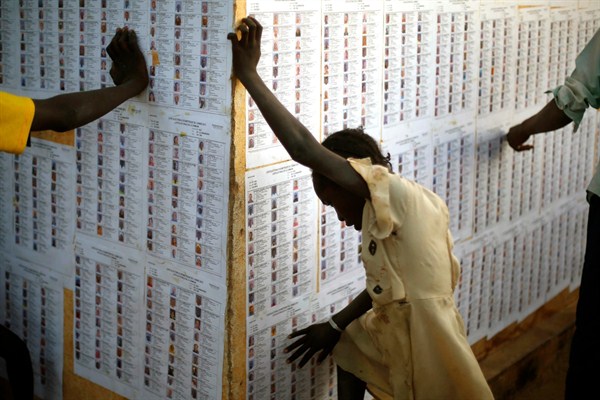For months, Mali’s president, Ibrahim Boubakar Keita, has been hounded by a short, harsh refrain: Boua ka bla. In Bambara, the West African country’s most widely spoken language, the words mean, roughly, “The old man must give up.” In the context of Malian politics, they articulate a clear demand that Keita, who is 73, leave office when his term expires this year.
In songs and at rallies, the phrase has been taken up by a host of government critics. The most prominent among them is the activist and radio personality Mohamed Youssouf Bathily, popularly known as “Ras Bath,” who the magazine Jeune Afrique described in a profile last August as a kind of “guide” for Mali’s youth.
Keita, known to Malians as IBK, finally responded in late April. During a visit to Segou, located roughly 200 kilometers northeast of the capital, Bamako, he told a crowd that the phrase Boua ka bla “makes me laugh,” and dismissed those who embrace it as lazy. “Thank you for letting us do our job,” he said. “I’m not saying Boua ta bla”—the old man will not give up—“but it’s not the moment. Because I’m doing well and can take up the challenge of developing the country.”

